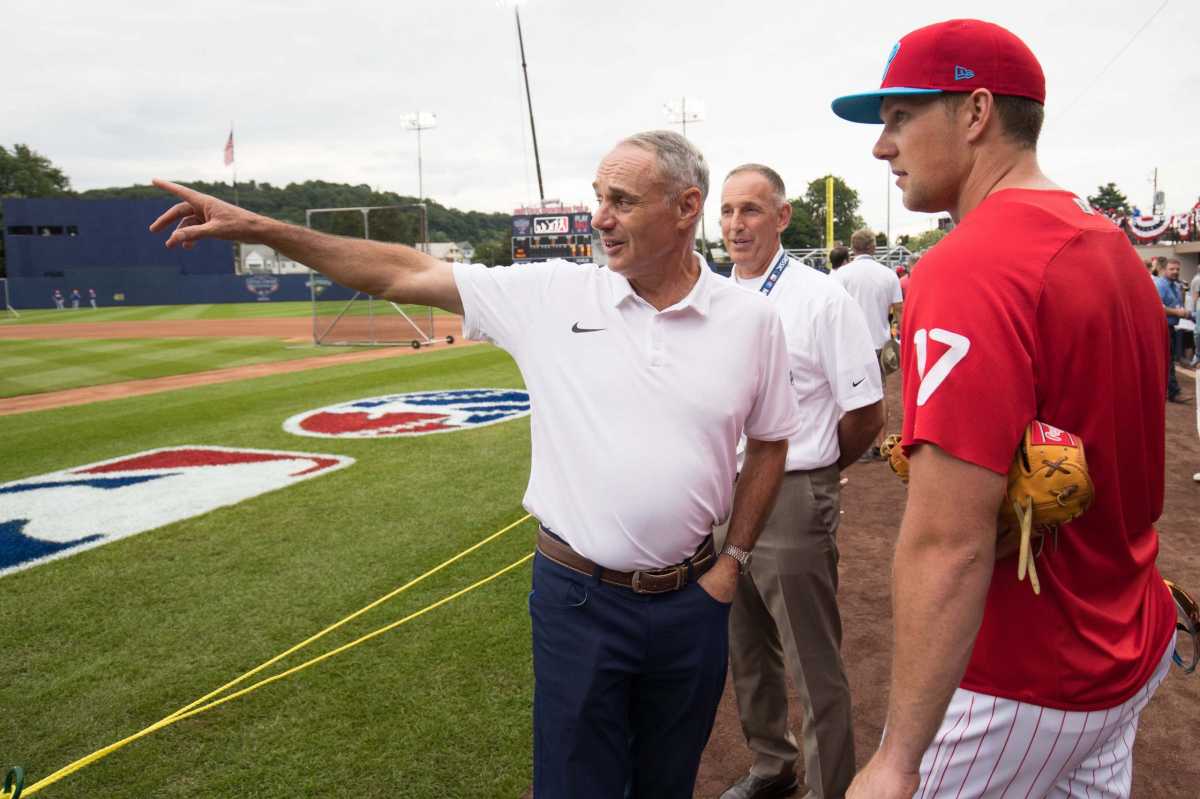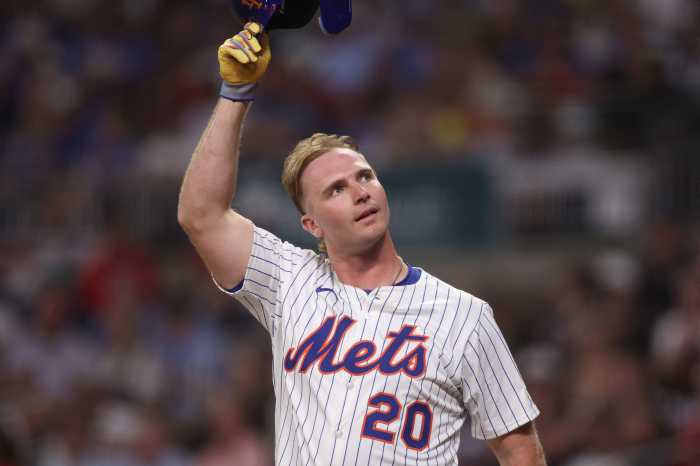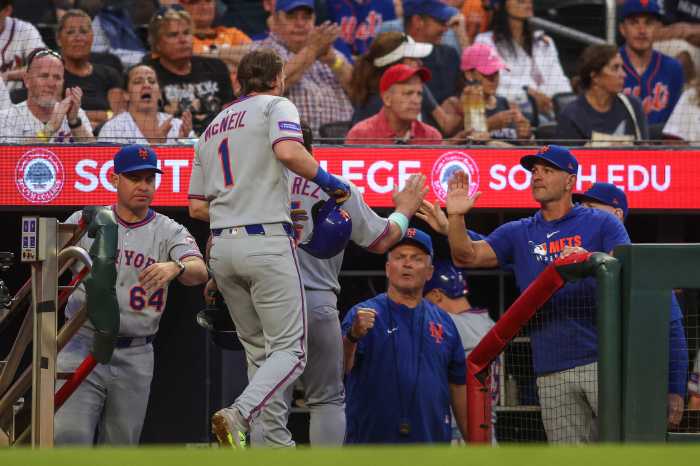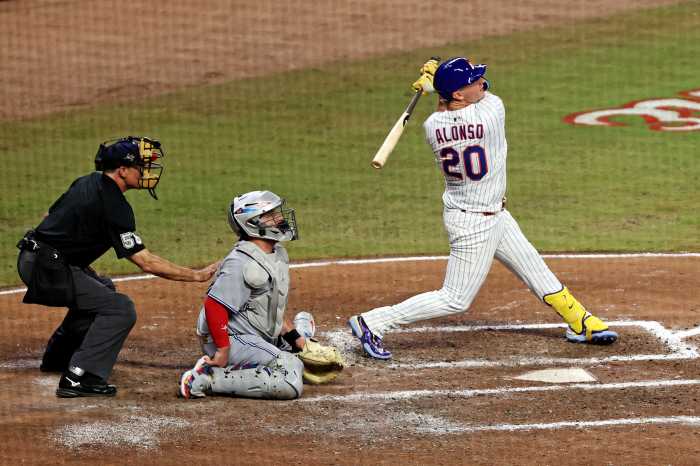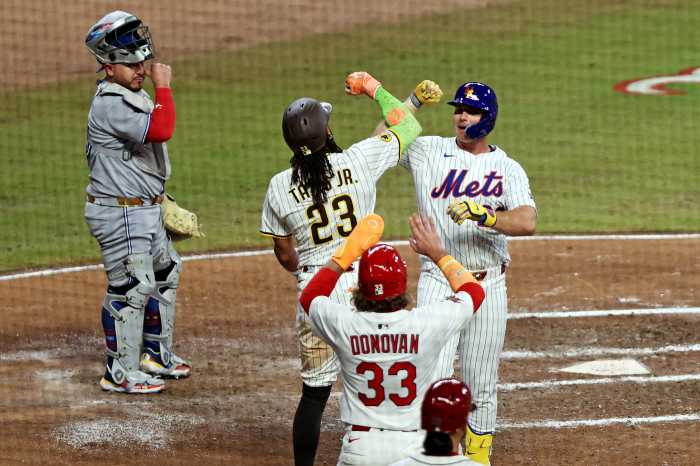Major League Baseball is getting in its own way.
After such promise that America’s Pasttime would be the first major sports league to return in the United States, tense negotiations between the league and the players’ union (MLBPA) has seen any kind of progress grind to a halt.
Now, it’s on the verge of impacting the league’s hopeful early-July start date.
Players are going to need at least two-to-three weeks of a second spring training to properly prepare for a truncated season — however long that may be.
MLB’s original plan of a 78-to-82-game season stalled over salary concerns from the players.
The league and its owners originally proposed a 50-50 revenue split from TV and advertising profits to soften the blow of holding games without fans amid the coronavirus pandemic. The owners proposed MLB’s initial plan three weeks ago.
However, the players are not willing to budge from their desire of prorated salaries, the concept of being paid their full compensation but just for the number of games played — which was originally agreed upon between the two parties in March.
The players countered with a 114-game schedule with prorated salaries, but such a long season is a non-starter for the league, which wants to ensure the postseason and its $700-plus million TV deal is played out before a potential second wave of the coronavirus hits the United States.
In an attempt to give the players their prorated salaries, the league was preparing to propose 50-to-60-game seasons, which would help ease the blow of teams losing an average of $640,000 per fan-less game. But that is expected to be shot down by the MLBPA, too.
The more time drags on with no progress between the two parties, the less likely sports fans will see Opening Day take place by its originally-reported date — somewhere between July 1-4.
At this point, it’s a black eye to the reputation to all involved, regardless of where the finger-point of blame is set to be aimed.
In one of the most turbulent years seen in recent memory in the United States, a trivial diversion such as baseball could do wonders for the morale of a lot of people. That seems to be farthest from the mind of those involved with getting the game back in a timely fashion.



